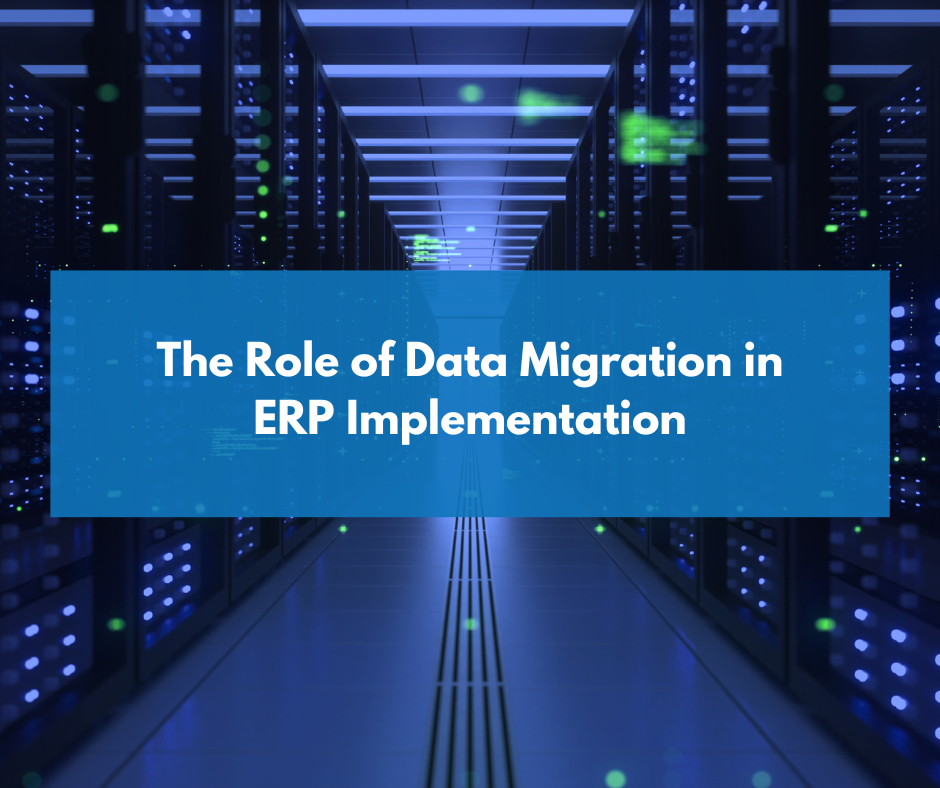The Role of Data Migration in ERP Implementation

ERP implementation is a complex process that requires careful planning and execution. One of the critical components of ERP implementation is data migration. Data migration involves transferring data from the old system to the new ERP system. Data migration is a crucial step in the implementation process because it ensures that all the data is accurately transferred and available in the new system.
Importance of Data Migration
Data migration plays a vital role in ERP implementation as it ensures that the new system is fully functional and operational. When data migration is not done correctly, it can lead to data loss, data corruption, and system downtime. Therefore, it is crucial to have a proper data migration plan that includes data mapping, data cleansing, data validation, and testing to ensure that the data migration process is successful.
Challenges of Data Migration
Data migration is a complex process and can be challenging to execute. Some of the challenges include incomplete or inaccurate data, different data formats, and data complexity. These challenges can lead to delays in the implementation process, increased costs, and decreased user adoption. Therefore, it is essential to identify and mitigate these challenges to ensure a smooth data migration process.
Best Practices for Data Migration
To ensure a successful data migration process, it is essential to follow best practices. These include having a clear data migration plan, identifying and resolving data quality issues, testing the migration process, and involving end-users in the process. Additionally, it is important to have a backup plan in case of any data migration issues.
In conclusion, data migration plays a critical role in ERP implementation. It ensures that all the data is accurately transferred and available in the new system, which is vital for the system’s functionality and operation. While data migration can be challenging, following best practices and having a clear data migration plan can lead to a successful implementation process.














Great article on the significance of data migration in ERP implementation! You’ve highlighted some crucial points about the potential risks and the need for a well-planned strategy. Proper data migration is essential for a smooth transition and maximizing the benefits of an ERP system. I particularly liked your emphasis on data quality and cleansing—those steps can really make a difference in the long run. Thanks for sharing these insights!
Great article! Data migration is often an overlooked aspect of ERP implementation, but it’s essential for ensuring a smooth transition and accurate reporting. Ensuring that data is migrated correctly and efficiently helps to avoid costly errors and downtime. As the article points out, taking the time to map out the data migration process and thoroughly test before going live can make all the difference in the success of an ERP system. The importance of quality data cannot be overstated—it’s the foundation of any effective ERP solution!